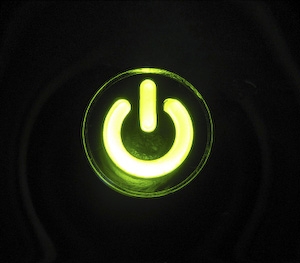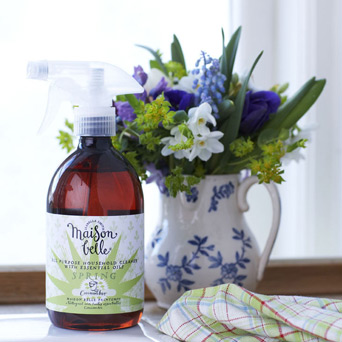A lot of environmental
problems are created by inefficient use of energy, and of course, the easiest
way to avoid trouble associated with energy consumption is to use less of it.
Efficient energy consumption demands less electricity, which reduces polluting
power plant emissions. *Simple things like
replacing incandescent light bulbs with compact fluorescent or energy saving
bulbs can reduce the environmental impact of home lighting. *Some devices such as cell
phones, power tools and digital camera adapters still draw power even if they
are fully recharged or turned off as long as they are plugged in. This is also
true for all kinds of standby electronics including TVs, cable boxes and
computer monitors. To prevent such energy waste you can plug this stuff into a
power strip and turn off the strip whenever the devices are not used (the strip
doesn’t draw power). 
Not a secret that all water
that we use is dumped down the drain and then somehow released back to the
environment. Most people do not ever reflect on the damage the household
products dumped together with water cause to ecosystem. Meanwhile, when
different cleaning substances (toilet-bowl cleaners, disinfectants, bathtub scrubbers
and washing liquids) mix with each other or even with certain naturally
occurring compounds, they transform into extremely toxic gases. Since World War
II, roughly 75,000 chemicals have been introduced into consumer products, but
less than 5 percent of them have been tested for health or environmental side
effects. Most modern detergents and disinfectants are made on the basis
of such substances as chlorine containing carbohydrates and
phosphates, adversely affecting the system of biological
wastewater treatment. Fortunately, today we
have a choice. It's biodegradable cleaning
products that are based on herbal and mineral components.
After washing with such products the water can be used to water
your garden or home plants as they break down into carbon dioxide, water
and natural minerals that are not harmful to the ecosystem.
They are completely safe and leave no film on tissues and vessels, anallergic
and safe for children. And even if you do not particularly care about
the environment, just think about your health. Although it is kind of "in
vogue” to label the articles as 'bio-degradable,' 'natural' and 'eco-friendly',
most of these terms on supermarket shelves are meaningless and are no more than
empty promises. The true "green” goods are sold in specialized stores or
through distributors. And the choice is quite wide. Here is the
list of the most popular brands: Alma Wir (Germany) Ecover (Belgium) Kilto (Finland) Sano ( Israel) Amway (USA) Neways ( USA)
I don't want to advertise any particular producer, will just say that one of the above was tested in my
family; my bro watered the flowers after washing the clothes with biodegradable
detergent, all flowers in the house are still safe and sound ))) You can also be surprised
how many things about the house can be done with simple baking soda, vinegar
and lemon juice. A lot of useful tips on this are here. At the end of the day it is
only up to us to ensure that OUR home has the lowest possible environmental
footprint.
|